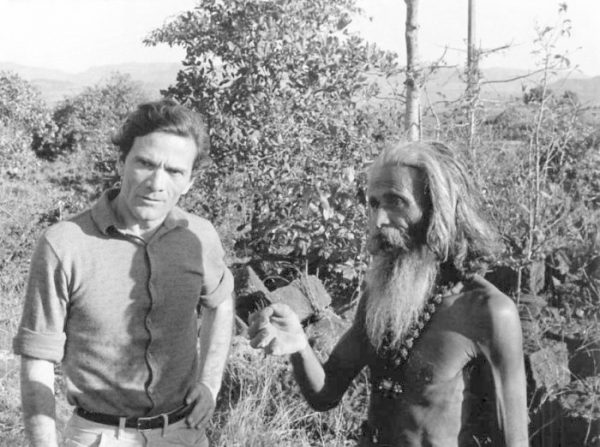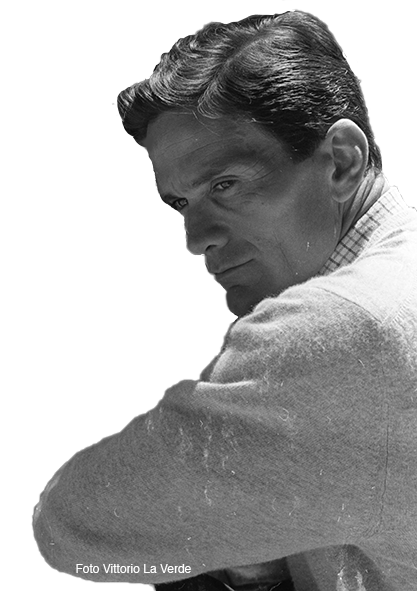Da Giuliano Vivaldi, studioso di cinema e traduttore dal russo (risiede da anni a Mosca), riceviamo l’opinione sul documentario di Pasolini Appunti per un film sull’India che è stata stesa di recente da MK Raghavendra, critico e studioso del cinema indiano, di cui è uno dei più autorevoli esperti. La mettiamo volentieri a disposizione, come documento dello sguardo interno al mondo indiano, attento a cogliere il passaggio dalla società tradizionale alla tormentata coscienza dell’indipendenza.
I saw the film he (Pasolini, ndr.) made. It was without subtitles but I loved it. Here are a few observations which are based only on the images and some talk in English and Hindi.
He has a sense that the Indian people are completely different from the modern Indian state. The people live on their own according to their own traditional beliefs/ way of life. The state is a structure which does not have much to do with the average person. There are huge disparities between people but there is very little conflict and everyone lives in a community of some kind – even beggars. People seem to be live inner lives without asking much from the environment. There are shabby looking people who seem almost intellectuals, suggesting that their capabilities did not induce them to move up. There is a sense of everyone in his place and not resenting it particularly. One could call it fatalism but that would be too negative a term because the film is optimistic. But this is about an India which has disappeared. Huge amounts of wealth being generated has created a class without any ‘inner life’ as Pasolini caught it and needing to consume to make them conscious of themselves. Pasolini caught a fleeting moment – an independent people being suddenly conscious of this independence. But not a people born into independence, who take the freedom to do whatever as a given.

Note
Appunti per un film sull’India (34’) è un film documentario di Pier Paolo Pasolini del 1968, con musiche di Ennio Morricone. Realizzato per conto della rubrica Tv7 del telegiornale del primo canale della Rai e girato nel dicembre 1967 a Bombay, a Nuova Delhi e negli Stati di Uttar Pradesh e Rajasthan, fu presentato alla Mostra del Cinema di Venezia l’anno seguente insieme al film Teorema.



